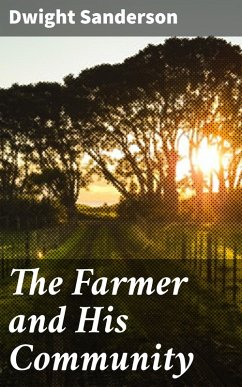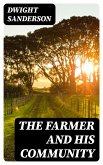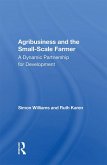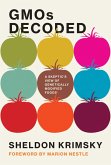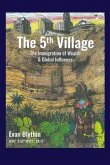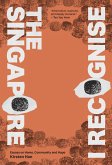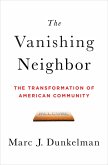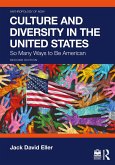In "The Farmer and His Community," Dwight Sanderson intricately explores the symbiotic relationship between agricultural practices and community dynamics. Through a blend of personal anecdotes, empirical research, and reflective prose, Sanderson examines how farming is not merely a means of sustenance but a cornerstone of social identity and cohesion. His narrative is enriched by an observational style that captures the subtleties of rural life while rooting the discussion within the broader context of environmental and economic changes affecting modern agriculture. The book addresses themes of sustainability, cooperation, and the evolving role of the farmer in a rapidly shifting landscape. Dwight Sanderson, a lifelong farmer turned sociologist, draws from his lived experiences in rural America to inform his insights. His background has granted him a unique perspective on both the practical and theoretical frameworks that surround agricultural communities. With degrees in sociology and agricultural science, Sanderson merges these disciplines to formulate a compelling argument about the pivotal role communities play in fostering resilient farming practices. This book is highly recommended for anyone interested in sociology, agriculture, or community development. Sanderson'Äôs adept storytelling invites readers to reflect on their own communities and the unrecognized yet critical connections that bind them. Whether you are an academic, a farmer, or simply a curious reader, "The Farmer and His Community" promises to enrich your understanding of the intricate dance between livelihood and social fabric.
Dieser Download kann aus rechtlichen Gründen nur mit Rechnungsadresse in A, B, BG, CY, CZ, D, DK, EW, FIN, F, GR, H, IRL, I, LT, L, LR, M, NL, PL, P, R, S, SLO, SK ausgeliefert werden.

